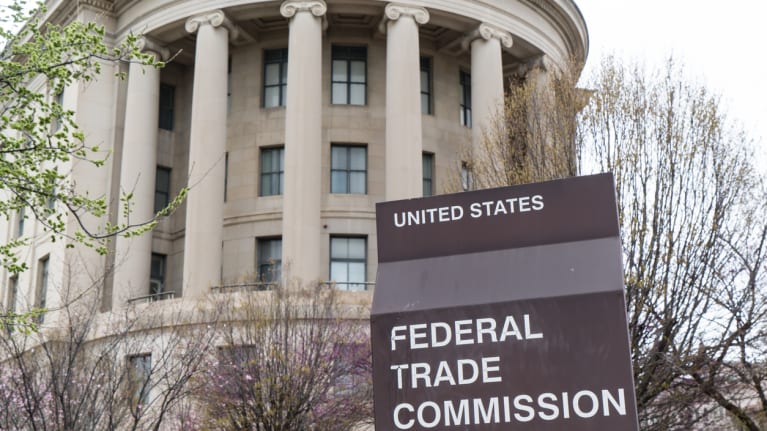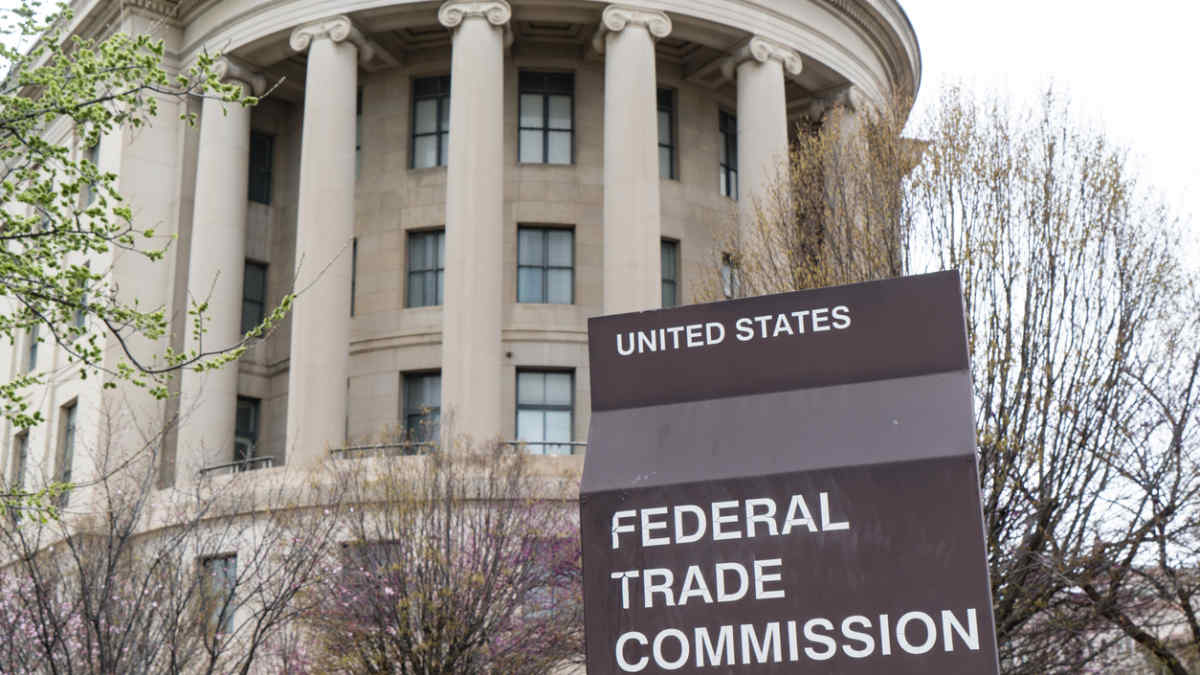

?The Federal Trade Commission (FTC) has extended its public comment period until April 19 on its proposed rule to ban noncompete clauses. We’ve gathered articles on the news from SHRM Online and other outlets.
Comment Deadline Had Been in March
Prior to its extension, the comment deadline on the proposed rule had been March 20. FTC Commissioner Christine Wilson said she would have supported extending the public comment by 60 days rather than 30 “given that the proposed rule is a departure from hundreds of years of precedent and would prohibit conduct that 47 states allow.”
(FTC)
SHRM Has Raised Concerns About Proposed Rule
Following the issuance of the proposed rule, Emily M. Dickens, chief of staff and head of public affairs for the Society for Human Resource Management (SHRM), said that the proposal was overly broad and could potentially harm businesses that depend on noncompetes to thrive. She cited very small, emerging industries where crucial know-how cannot be safeguarded through nondisclosure agreements alone. Although “there are jobs where it makes no sense to have noncompetes,” Dickens said, “this kind of blanket ban is going to stifle innovation.”
Health Care Opposition
The American Hospital Association has come out against the FTC’s proposed noncompete rule. “Congress has not granted the FTC the authority to act in such a sweeping manner,” wrote the association’s General Counsel and Secretary Melinda Reid Hatton to FTC Chair Lina Khan. “Even if the FTC had the legal authority to issue this proposed rule, now is not the time to upend the health care labor markets with a rule like this.”
(Fierce Healthcare and American Hospital Association)
Reason for and Impact of Proposed Rule
When the proposed rule was released, Khan said that noncompete clauses “block workers from freely switching jobs, depriving them of higher wages and better working conditions, and depriving businesses of a talent pool that they need to build and expand.”
In a press release, the agency further stated that it believes noncompete clauses negatively affect competition in labor markets by suppressing wages and labor mobility. The clauses also, according to the agency, prevent new businesses from forming, stifling entrepreneurship and hampering innovation.
(Fisher Phillips and FTC)
Comment Period
The comment period provides an opportunity for stakeholders to voice concerns about the FTC’s proposed rule. More than 16,000 comments have been received to date and nearly 9,000 have been posted.
(JD Supra and Regulations.gov)

